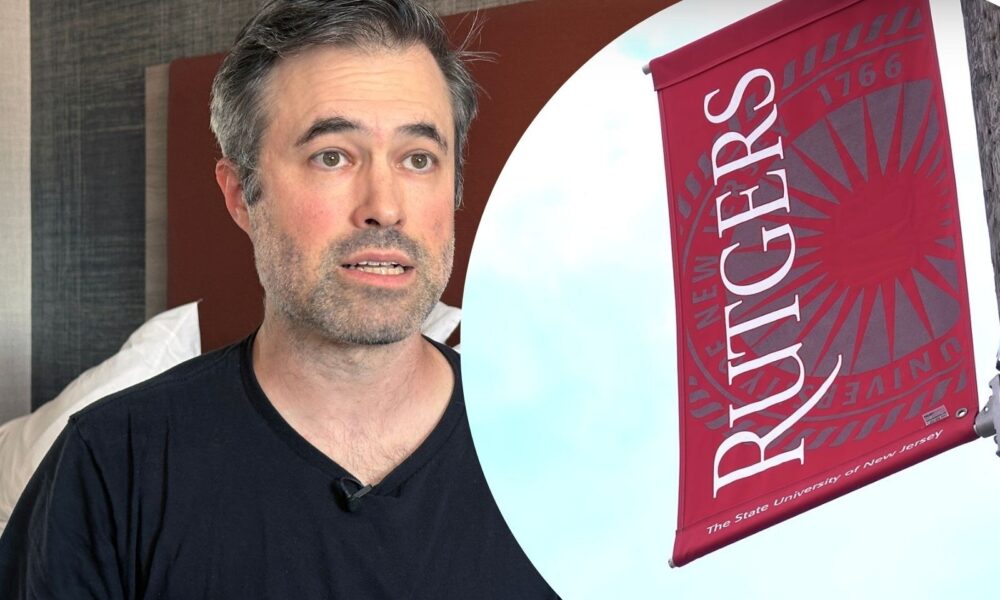The Rutgers University Senate has voiced strong support for Professor Mark Bray, who has faced threats following a campaign by Turning Point USA, led by Charlie Kirk. On October 20, 2023, the Senate passed a resolution with a decisive vote of 110-4, affirming its commitment to academic freedom and freedom of expression in the face of growing controversy.
Bray, an author known for his book “Antifa: The Antifascist Handbook,” has found himself in the spotlight after his personal information was circulated online, leading to death threats. In response to the escalating situation, he and his wife have temporarily relocated to Spain for their safety.
“I do not have any affiliation with any antifa group and don’t plan to,” Bray stated in an interview with the Associated Press. As a history professor at Rutgers since 2019, he has taught courses focused on anti-fascism and terrorism, which have sparked debate among students and external groups alike.
During the Senate meeting, members emphasized the importance of protecting academic discourse. The resolution called on Rutgers President William Tate to clarify that political and scholarly disagreements should not result in disciplinary actions against faculty or students, as long as they do not violate laws or university policies.
“We affirm our strong support for academic freedom and freedom of expression,”
the resolution stated.
The support for Bray has been significant, with over 518 professors from Rutgers and beyond contributing to an online fundraiser on Freefunder to assist him during his time in Spain. This collective effort highlights the commitment of many in academia to uphold the principles of free inquiry and expression.
In a related matter, Rutgers University has announced that two officers of the local Turning Point chapter are ineligible to serve due to registration issues. The university is currently reviewing this situation internally to ensure compliance and maintain the organization’s operations on campus.
The ongoing debate surrounding Bray’s work reflects broader tensions in academic environments regarding political expression and the responsibilities of educational institutions. As the conversation continues, the Rutgers community remains committed to fostering an environment where diverse viewpoints can be expressed without fear of retribution.







